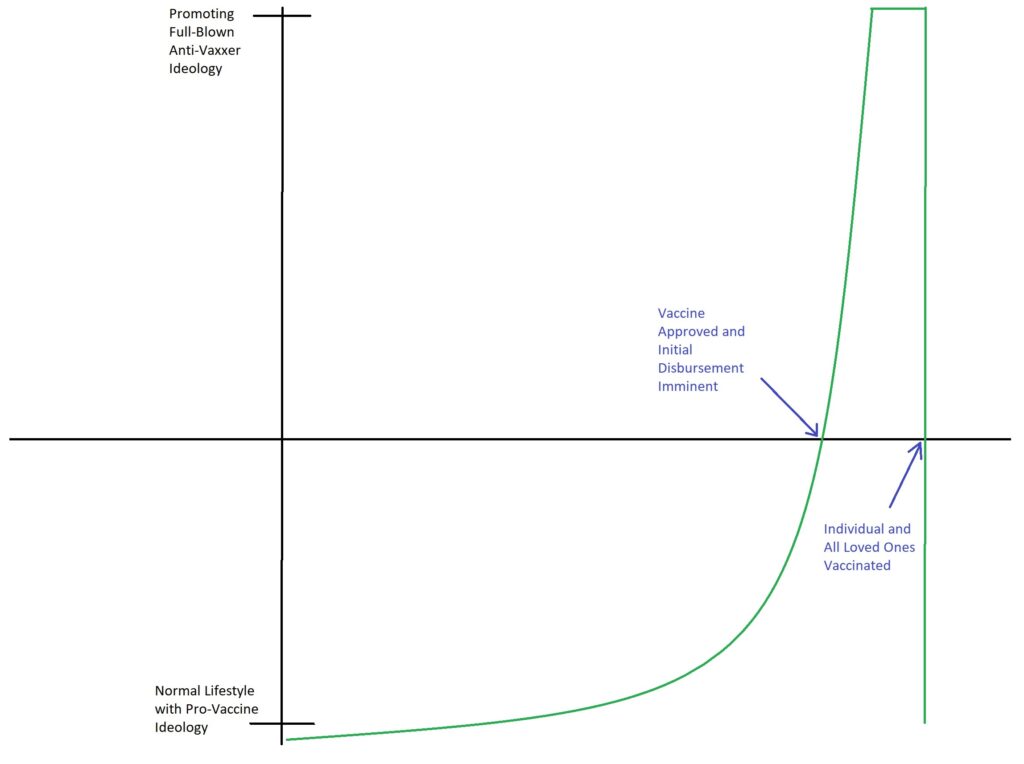The English Snob
I’m kind of secretly a snob when it comes to the English language, which wouldn’t be as funny if I were actually fully and completely proficient at English.
Be that as it may, there are at least 3 things that need correction in American English, and they all stem from the same discrepancy: There is an accepted paradigm that states that language should support ease of use, but yet there is sometimes a lag in the implementation of that paradigm.
1.) The first correction is to completely rescind the rule that states that numbers below 11 (some say only below 10) should generally be spelled out. An counterexample of this is right above where I wrote the numeral ‘3’ instead of the word ‘three’. Notice how it’s easier to read? Easier-to-read trumps everything else.
In some cases, small numbers are actually easier to read as a word. However, in my experience, it’s mostly when there are two sets of numbers being thrown around, and it’s possible to segregate one set (usually the smaller one) by spelling those numbers out. The bottom line is whatever makes it easier to read is what should be adhered to.
2.) An example of the second problem can be found here in a local news story, at the very bottom:
Cameron and Starr counties did not report case numbers as of press time Sunday, with the former routinely skipping Sundays to report activity on Mondays.
Now, in 2020, why do we still tolerate word puzzles in our English-language publications? If for some reason I wanted to struggle with a printed game, I’d look for something like a crossword puzzle, Sudoku, or maybe even some sort of Mensa challenge.
No one should ever be forced to pause, and use an ounce of mental energy, to figure out what “former” and “latter” are referring to. Rather than just spell out what they’re saying, these authors are punishing us, and the question is why are we still accepting it?
Stylistically, the “former”/”latter” grammatical construct must literally go the way of the dinosaur, and be renounced unless it’s actually used to replace a sizeable† amount of text.
3.) What exactly is the Anti-Vaxxers’ philosophy? Admit it, you had to think about that term Anti-Vaxxers’, didn’t you?
The special-case apostrophe-with-no-s isn’t helping anyone. It’s not perfectly clear, it causes people to waste mental energy, and adding an extra ‘s’ to the end of the word doesn’t make it especially vile.
In the worst case, there is no problem with the reading of the improved version. However, I admit that the worst case does sound a little different – but it’s worth it!
“The Anti-Vaxxers’s philosophy…”
If it comes down to saying something that sounds a little different in the worst case, and having to spend mental energy thinking about what words actually mean, saving mental energy should always win, and will eventually win anyway.
† Note the British English spelling. Totally inconsistent use of British English should be acceptable in cases where British English spellings are deemed easier to the eye in terms of comprehension.
